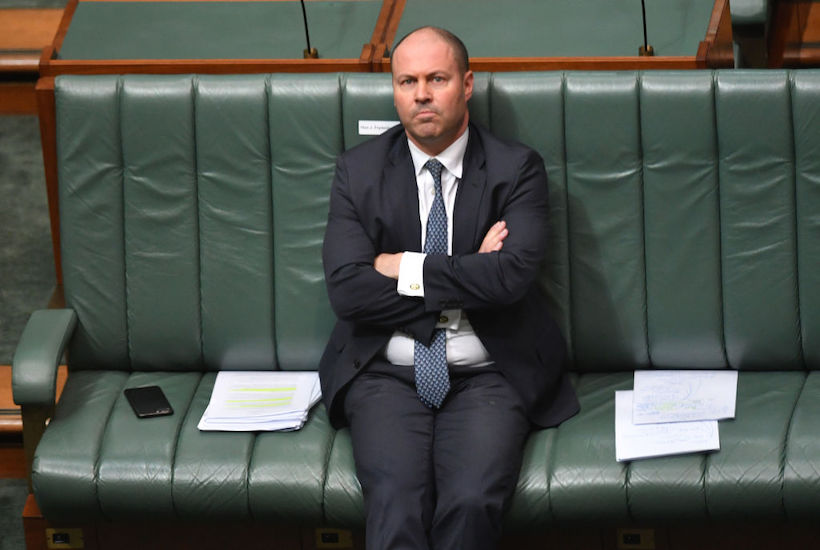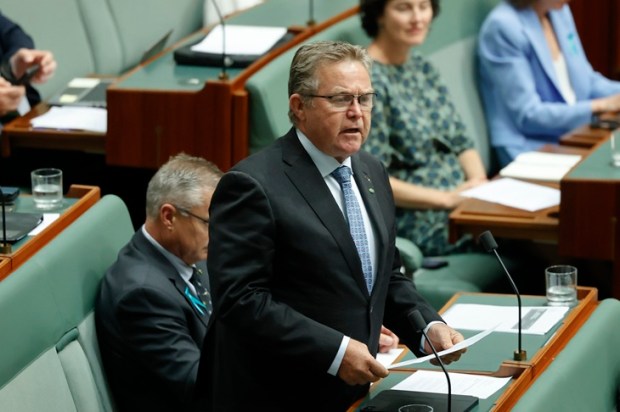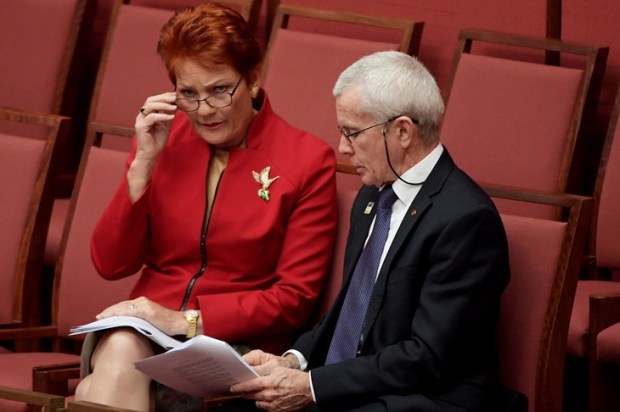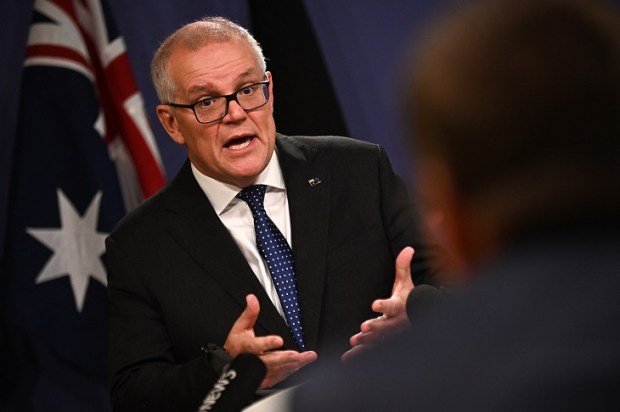The key Parliamentary Committee overseeing the Australian Taxation Office last week released a report calling for major reforms to the way the ATO treats taxpayers. At the core of the report is the recommendation for Taxpayer Rights.
What does this mean?
If you’ve followed Self-Employed Australia’s ATO reform campaign, you’ll likely be aware that we’ve studied the US laws covering its tax office, the IRS. The US legislation stipulates specific “do’s and don’ts” with which the IRS must comply to treat taxpayers fairly. And there’s a watchdog, the Taxpayer Advocate, with real powers. We presented our full report on this to the Parliamentary Committee in mid-2020. Here’s a summary.
In the broad sense, a comparison of the laws covering the administration of the ATO with those that apply to the IRS reveals a weakness in Australian democracy when compared with the USA. If one mark of a true democracy were the level of transparency and accountability of government bureaucracy, then on that measure Australian democracy has a long way to go to catch up to the United States.
In the USA, the Internal Revenue Service has a strict regime of legislation covering how the it must treat taxpayers. The IRS’s compliance with those behavioural statutes is overseen by a well-funded and effective watchdog, the Taxpayer Advocate. Considerable sanctions can be applied against the IRS and its officers for breaching the legislative requirements.
In Australia, the Australian Taxation Office is best described as a tax dictatorship. All power is vested in the Tax Commissioner who, according to top tax lawyers, effectively can and does make law on the run. The ATO is essentially answerable to itself. At Self-Employed Australia, we have been documenting and campaigning for change on this since around 2010.
We’re very pleased to see that the Parliamentary Committee Report calls for substantial reforms to ATO administration with significant elements drawn from the US laws. The Committee looked at the US closely, including interviewing the retired US Taxpayer Advocate.
The Committee has made 19 recommendations, all of which we strongly endorse. Some key highlights include that he ATO would not be able to collect a debt until all appeals (tribunal/court) have been decided. In fact, the Morrison government has already committed to this. Watch Small Business Minister Stuart Roberts in Parliament 13 April this year.
Further that the ATO would bear the onus of proof of allegations of fraud or evasion. The Committee notes that this has been recommended in past years but never implemented.
Also recommended is that the ATO cannot charge an interest rate on debts that’s greater than the interest rate the government pays. Currently the ATO charges interest around 7 per cent higher than that which the government pays. If the ATO were a bank, this interest charge rip-off would be considered a scandal.
What would probably stagger most Australians is that such ‘reforms’ are needed at all. It demonstrates just how dictatorial are the current powers of the ATO.
This was most recently highlighted in an ABC mid-October coverage of the need for a Taxpayer Bill of Rights, which is the centrepiece of US law regulating the IRS’s treatment of taxpayers. The ABC’s coverage included TV, radio and online all day.
Here’s the major online article. And here’s part of the TV coverage (3’ 42”). The ABC has provided great coverage of the ATO’s abuse of taxpayers, particularly with its 4Corners ‘Mongrel Bunch of Bastards’ program which aired in 2018.
The Parliamentary Committee’s recommendations pick up this issue strongly. The recommendations extend to calling for A Taxpayer Bill of Rights to be developed and promoted. (Here’s the US Taxpayer Bill of Rights.) Further that the Australian Inspector-General of Taxation be renamed the Taxpayer Advocate and the “…the role aligns more closely with the powers and structure of the US Taxpayer Advocate.”
The Committee Report is a major step forward towards a better, more efficient and fairer tax collection system. It’s important to note that when Jason Falinski MP (Liberal) presented the report to Parliament, the Deputy Chair Julie Owens MP (Labor) also endorsed the report. That is, the recommendations have support across the (normal) political divide. This is the Australian Parliament working at its best.
In presenting the report to Parliament, the chair of the committee, Jason Falinski, first praised the ATO for improvements it has made to date. He particularly praised the ATO’s work to implement JobKeeper. We agree. That praise is well deserved. But Falinski went on to say that improvements must continue.
The ATO does a great job for Australia. But the evidence is overwhelming that, in the debt assessment and enforcement area, major abuse of taxpayers is endemic.
Often big government organisations that have dictatorial powers are blind to the community and to the individual harm they do in the abuse of those powers. And they don’t view their abuse as abuse. They see the abuse as them doing their job.
These reforms recommended by the Tax and Revenue Committee are extremely important. We hope the Morrison government will move to implementation. But we would also hope that the ATO would see the reforms as positive for them as an organisation as well as the community.
Again, here’s the Parliamentary Committee report.
Ken Phillips is Executive Director of Self-Employed Australia.

























